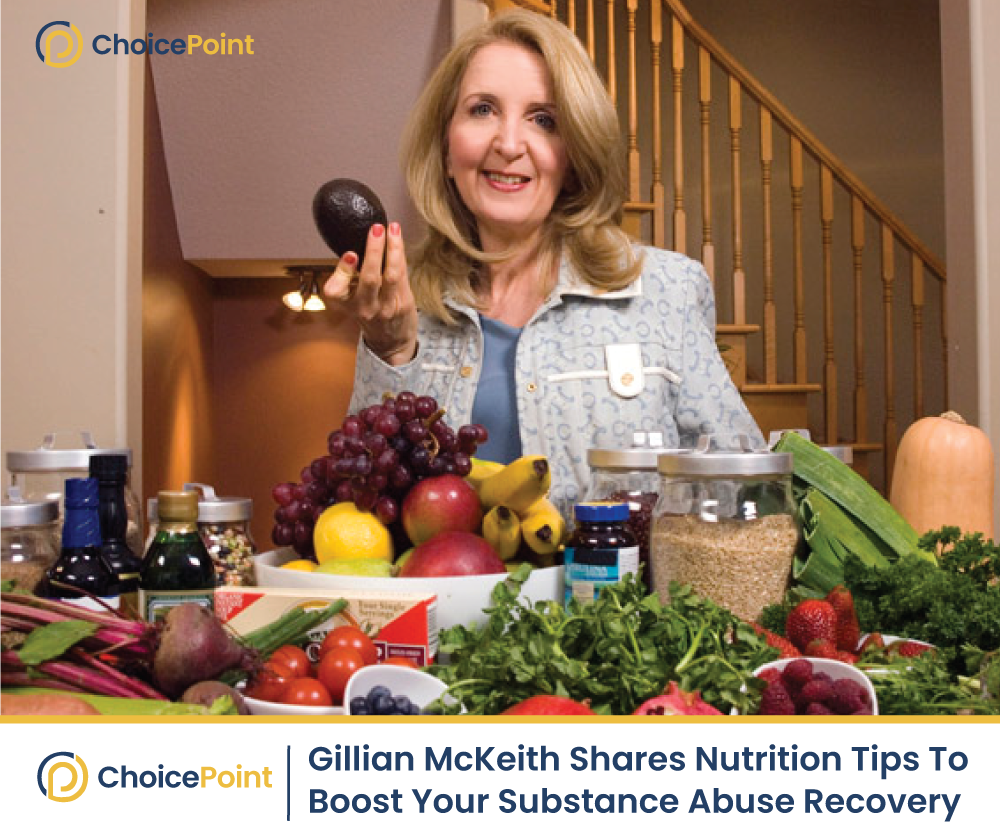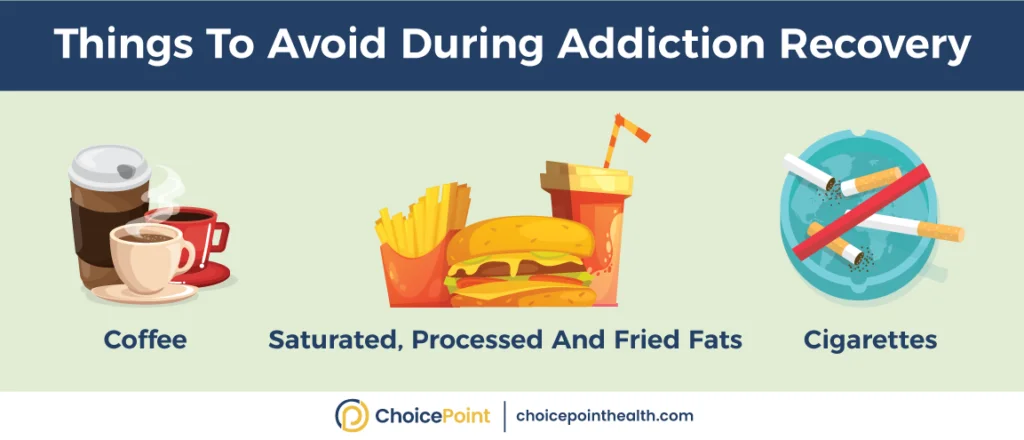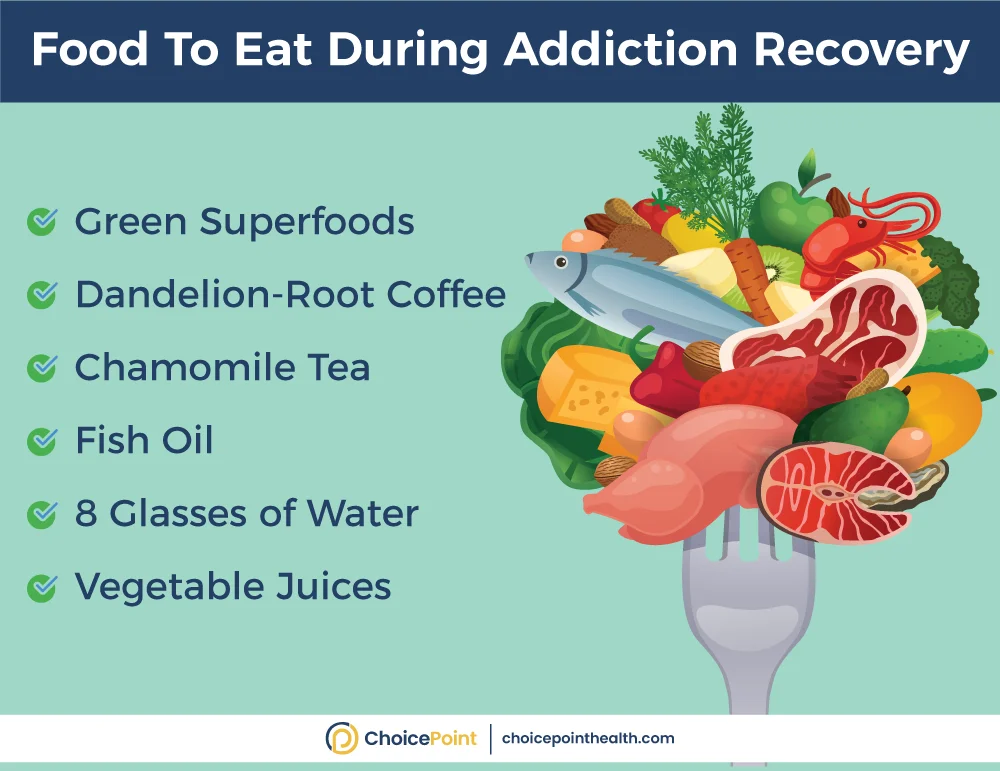Alcoholic addiction is usually either physiologically or psychologically dependent on alcohol – often, there is a combination of the two. Genetics and environmental factors can both play a part.
Table of Contents
Symptoms May Include
- Drinking early in the day.
- Binge drinking.
- Drinking to avoid withdrawal symptoms.
- You are way above the recommended weekly unit intake for your gender: males: 21; females: 14.
- You cannot get through the day without a drink every day.
Effects of Alcohol on the Body
Long-term heavy alcohol use can cause damage to the liver, kidneys, pancreas, brain, and central nervous system. In addition, alcohol suppresses the immune system, depletes the body of nutrients, and removes water from the body. Over time, alcohol can affect the body’s ability to break down fats properly. This can lead to a fatty liver, hepatitis, and cirrhosis of the liver, which can cause death.
Alcoholics are at increased risk of high blood pressure, cardiovascular disease, diabetes, osteoporosis, digestive problems, malnutrition, and cancers. The behavior of alcoholics often hurts their relationships and society generally.
Withdrawal from alcohol can cause hallucinations, convulsions, anxiety, perspiration, insomnia, and more. Emotional and psychological support is needed during this time. Remember, the symptoms will pass in a few weeks, and you will feel better than you have in a long while. But you cannot ever go back to drinking alcohol. It is too great a risk.
Action Plan
The first step is to choose not to drink and stop drinking alcohol altogether. The following nutritional measures can help you through the process of recovery:
1. Eat/Drink
Fruits, vegetables, beans, grains, legumes, seeds, nuts, seaweeds, and Alfalfa sprouts are high in many vitamins and minerals; alcoholics tend to have wide-ranging deficiencies, so high-nutrient foods are important to boost your addiction recovery. It is recommended to use oily fish three times a week and raw, unsalted seeds daily – alcoholics tend to be deficient in the essential fats needed for brain and central nervous system function.
-
Water – 8 glasses a day
Alcoholics tend to be chronically dehydrated. Water and herbal teas can start to rehydrate your body and help to flush out toxins. So whenever you feel like drinking alcohol, go for herbal teas or water instead.
-
Vegetable Juices
Vegetable juices can boost your physical strength during addiction recovery. They contain vitamins and minerals that are easily absorbed by the body and help reduce withdrawal symptoms.
2. Avoid
You absolutely must avoid sugar and refined carbohydrates at all costs to beat the alcohol addiction. These will upset your blood-sugar control and create cravings, sometimes ravenous cravings. And, of course, the alcohol you take in creates more swings in blood sugar. It’s a vicious circle. Recovery from addiction requires a personalized approach and one should follow an effective plan and nutrient-rich foods during addiction recovery.
- Saturated, Processed, and Fried Fats – these all put a strain on the liver that your body may struggle to deal with it.
- Coffee causes blood-sugar swings that lead to cravings. Your cravings may then lead to alcohol.
- Cigarettes can upset blood sugar levels. So you should avoid these things in substance abuse recovery.
3. Herbs and Supplements
It is recommended to people fighting with alcohol and drug addiction try the following foods during addiction recovery:
- Kudzu – Kudzu is a white root from the wild kudzu plant. Very few people have ever heard of it, but it is invaluable because it can slow down the liver enzymes responsible for breaking down alcohol. You may feel quite uncomfortable and experience nausea, swelling, and redness if you attempt to drink any alcohol after eating kudzu. You can buy it in health- food stores.
- Green superfoods – spirulina, algae, wheatgrass – mix into smoothies for easier nutrient assimilation.
- Dandelion-root coffee – this can wean you from regular coffee and aid liver function.
- Camomile tea – camomile has a calming effect and can reduce feelings of anxiety that often arise during withdrawal.
- Oil– Fish oil and evening primrose oil supplements may be useful.
- Milk thistle extract – Milk thistle extract has been shown to aid the repair and regeneration of damaged livers. But make sure that it is an alcohol-free tincture; otherwise, you would be better off with capsules.
- Take an amino acid complex – amino acids have been shown to reduce withdrawal symptoms and to aid recovery from alcohol abuse.
- Take a good multivitamin with all the Bs and minerals – alcoholics are generally deficient in many nutrients. It has been found that the B vitamin niacin can help immensely in the early days. You should also add extra zinc and magnesium.
Bonus Tips
- Find a support group near you – There are various organizations offering support, such as Alcoholics Anonymous.
- Al-anon – Look in your local telephone directory or ask your Medical Doctor about this. If you are drinking to bury emotional pain, you will need counseling and help.
- Avoid circumstances that trigger drinking, including people, places, and activities. So, if you go to a bar to hang out with friends, it will be like self-torture, and you will probably end up drinking. Find other things to do with your time that you enjoy. Try sports, hobbies, or learn new skills.
- Take time out to recover – The stresses of everyday life can make abstinence difficult, especially where alcohol has been used as a way of switching off from it all. So make giving up alcohol your main priority for as long as it takes. Hypnosis can help you switch off the little voice in your head telling you that you need a drink.For further information, go to www.gillianmckeith.info/alcohol. And to sign up for a Personal Health Profile: www.gillianmckeith.com https://club.gillianmckeith.com/en/club-sign/
Author Bio
Gillian McKeith is a qualified Nutritionist, Dietetic Expert, and Herbalist. She has worked extensively assisting those recovering from Addiction and Obesity. Gillian McKeith is Internationally renowned for her work as a television presenter & creator of hit television shows. Gillian is a number one best-selling health author with nine books translated into numerous languages. Gillian McKeith is a Public Health Advocate and motivational public speaker giving seminars and workshops on nutrition and health worldwide.
ALCOHOL ADDICTION by Gillian McKeith
(Copyright Gillian McKeith © 2022
Extract from the Number One bestselling book Gillian McKeith’s Food Bible).
Medical Disclaimer:
ChoicePoint aims to improve the quality of life for people struggling with substance use disorder and mental health issues. Our team of licensed medical professionals research, edit and review the content before publishing. However, this information is not intended to be a substitute for professional medical advice, diagnosis, or treatment. For medical advice please consult your physicians or ChoicePoint's qualified staff.











Review Gillian Mckeith Shares Nutrition Tips To Boost Your Substance Abuse Recovery.